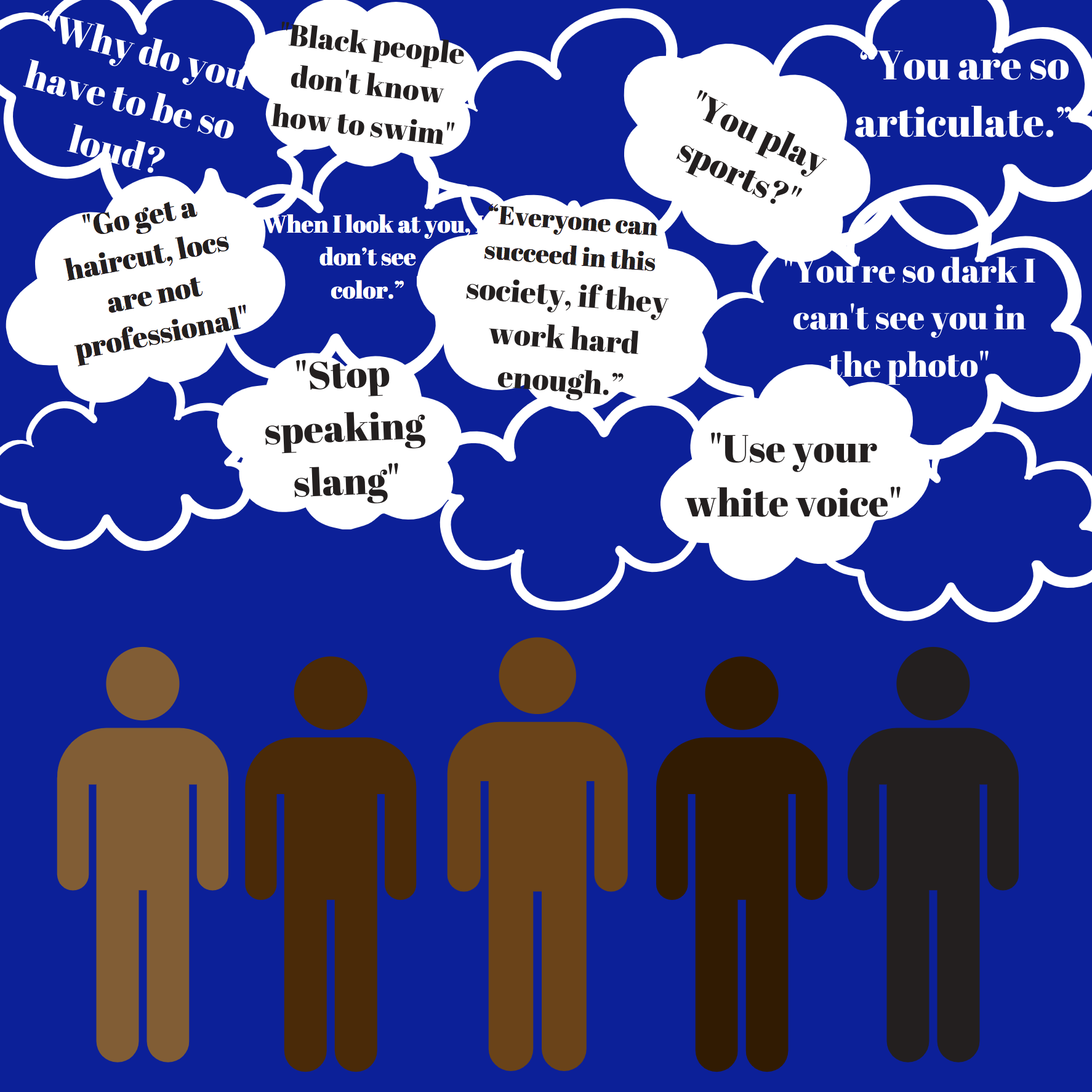Column: The radical MLK
Editor’s Note: This column contains the opinions of the writer, which may not necessarily reflect the thoughts of other members of the newspaper. The article includes quotes with language that some might find offensive.
Every January the U.S. celebrates Martin Luther King Jr. Day and every year the same moderate, gentle, tolerable quotes are cherry-picked for publication.
I’m writing this column today to tell you that the Rev. Dr. Martin Luther King Jr. was no moderate. He was a radical for love and equality, but that did not include turning a blind-eye to America’s dangerous practices and prevalent systematic racism.
Today, moderate and conservative politicians will trot out a sanitized Dr. King as their token black patron of white absolution, but this is an unconditionally paradoxical account of history.
According to former FBI director J. Edgar Hoover, Dr. King was “the most dangerous man in America” and former-president Lyndon B. Johnson once referred to him as “a n*gger preacher.” The FBI tried to blackmail him into committing suicide and Dr. King’s family has publicly stated that they believe the government conspired to murder him.
Dr. King was neither a moderate nor a popular man among those that identified as such, though current politicians would like you to believe so. He had radical beliefs that he unabashedly spoke about, and a huge following from both the black community and other Americans.
He even publicly denounced “the white moderate” in his 1963 Letter From a Birmingham Jail. He said that they were “the greatest stumbling block” in moving forward to racial equality and castigated their preference for “negative peace which is the absence of tension” instead of “positive peace which is the presence of justice.”
“Lukewarm acceptance is much more bewildering than outright objection,” he wrote in his letter.
I have often heard people use MLK as an example when arguing against not-so-peaceful protests, since he is most famous for his nonviolent demonstrations. However, he believed that riots should not be condemned until the injustices they represented are addressed.
“… it is not enough for me to stand before you tonight and condemn riots. It would be morally irresponsible for me to do that without, at the same time, condemning the contingent, intolerable conditions that exist in our society,” he said in a 1968 speech. “And I must say tonight that a riot is the language of the unheard. And what is it that America has failed to hear? It has failed to hear that the promises of freedom and justice have not been met. And it has failed to hear that large segments of white society are more concerned with tranquility and the status quo than about justice and humanity.”
Since Dr. King was a preacher who talked about peace, people often tout him as a moderate icon. What most people do not know about him is that he openly stated his liberal and anti-capitalist ideas, which made him a target for the white people in power.
“The fact is that capitalism was built on the exploitation and suffering of black slaves,” he said in a 1967 speech, “and continues to thrive on the exploitation of the poor—both black and white, both here and abroad.”
Dr. King did not believe that politely asking for equality would ever be enough. In fact, he said, “Freedom is never voluntarily given by the oppressor; it must be demanded by the oppressed.”
He also claimed that racial and economic discrimination could not be resolved “without a radical redistribution of political and economic power.”
In his 1967 speech about the Vietnam war, he spoke out against exorbitant military spending by the government and campaigned for social programs that lift people out of poverty.
“The evils of capitalism are as real as the evils of militarism and the evils of racism,” he said in a 1967 speech at the Southern Christian Leadership Conference.
If Dr. King had not been assassinated, I believe he would be appalled at how low the bar has been set for what people deem good enough on the matter of racial equality.
Is the status quo so low that being able to use the same water fountains, bathrooms and restaurants as white people is enough?
Are legal protections against racial discrimination in the workplace enough when “Black unemployment runs about twice as high” as rates for white people?
Is the fact that black Americans are allowed to own property enough, though statistically speaking homeownership is profoundly more available to white Americans? In 2016 less than half of black American families owned their homes, while almost three-quarters of white families did.
Poverty rates for women of color are extraordinarily high compared to their white counterparts. White women facing poverty in 2016 fell below 10%, while black women were at 21.4%, Latina women at 18.7% and Native American women at 22.8% in poverty. Yet somehow, politicians advocate for cutting social funding programs that would benefit these women, while our military spending skyrockets.
Despite the supposed goal of the so-called Reformation- closing the wealth gap between black and white Americans- our system still stands in the way.
Over 100 years later, “the median White family has 41 times more wealth than the median Black family.”
If these facts seem foreign to you, it’s probably because they don’t really affect your day-to-day life. In modern terms, we refer to that as white privilege. How much does any of this matter if it doesn’t have any impact on you?
Dr. King said, “Whatever affects one directly, affects all indirectly.”
Letters to the editor may be emailed to cmy@usca.edu and will be published at the editorial staff’s discretion.






